Keywords: Pope Benedict Xvi
-
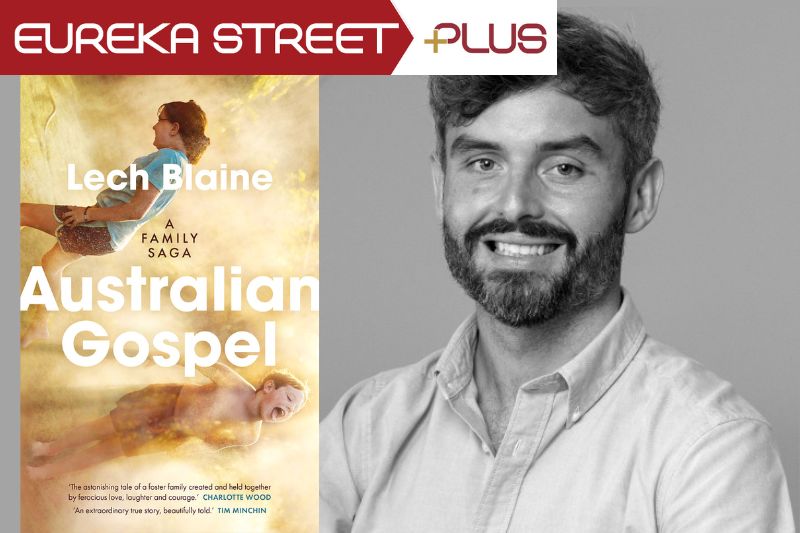
ARTS AND CULTURE
- Ken Haley
- 12 December 2024
Lech Blaine’s Australian Gospel is a quintessentially Australian tale of faith, family, and identity. Blaine explores the fractures of belief and belonging in an effervescent and vivid work of creative nonfiction. But where does the ‘non-’ stop and the ‘fiction’ begin?
READ MORE 
-
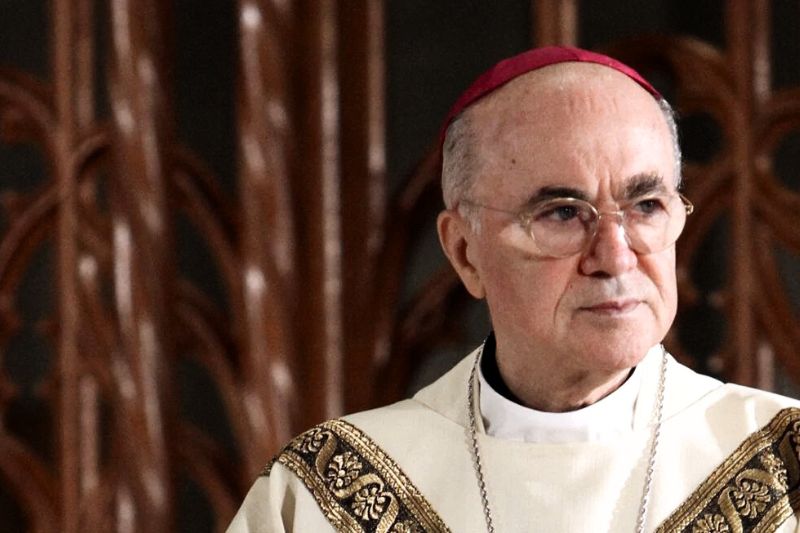
RELIGION
- Miles Pattenden
- 23 July 2024
6 Comments
Schism is an entrenched idea within Church History. What should we make of Pope Francis’ very modern schism: a decision by the Dicastery for the Doctrine of the Faith to declare Archbishop Carlo Maria Viganò guilty of ‘public statements resulting in a denial of the elements necessary to maintain communion with the Catholic Church’ and to excommunicate him?
READ MORE
-
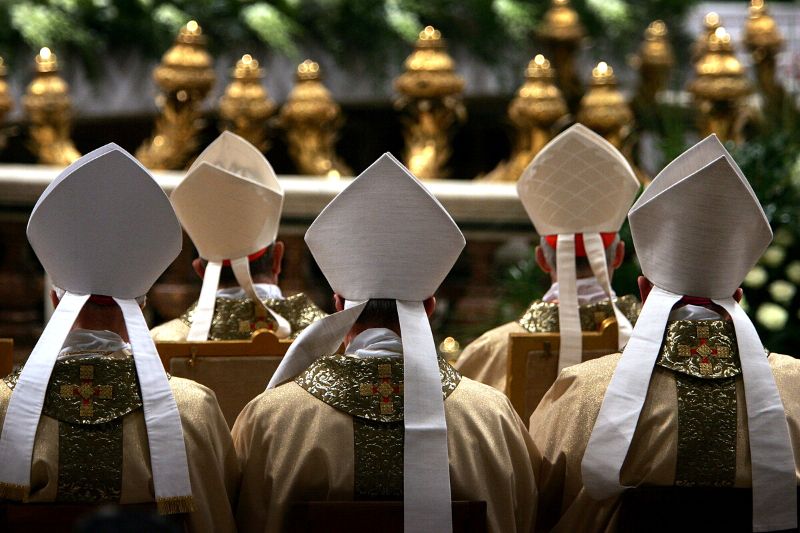
RELIGION
- Bill Uren
- 16 November 2023
7 Comments
Just two days before the opening of the recently concluded Synod on Synodality, five senior Cardinals — German Cardinal Walter Brandmüller, United States Cardinal Raymond Burke, Guinean Cardinal Robert Sarah, Hong Kong Cardinal Joseph Zen and Mexican Cardinal Juan Sandoval Ìñiguez — brought to public notice the five ‘Dubia’ (Doubts).
READ MORE
-

RELIGION
- Bill Uren
- 15 September 2023
3 Comments
As society grapples with evolving concepts of gender, and as the Catholic Church has maintained a stance in conflict with modern gender theory, recent statements by American bishops spotlight the chasm between doctrine and contemporary gender theories. Can these differences be resolved?
READ MORE 
-
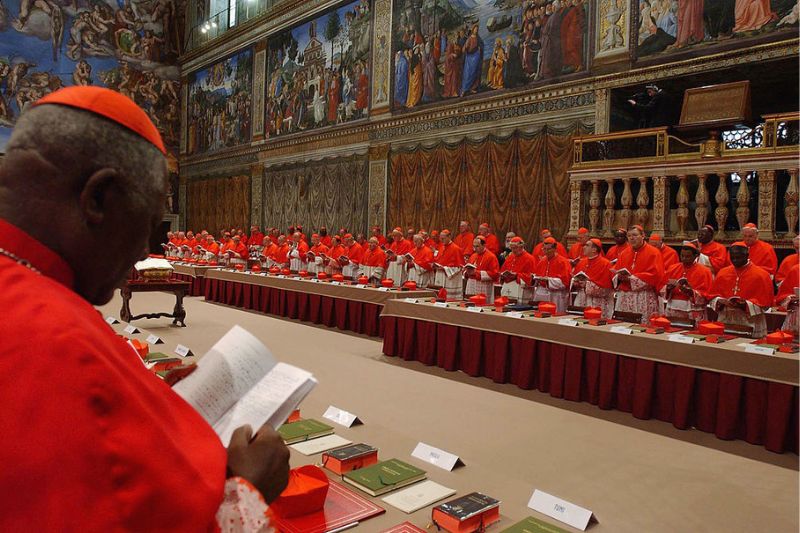
RELIGION
- Miles Pattenden
- 06 September 2023
4 Comments
In a recent interview, Professor of Church History and conclave expert Alberto Melloni passionately argued that the current conclave system, shrouded in secrecy and absent of clear criteria, might be outdated. With the Catholic Church facing unprecedented scrutiny, and in light of reforms initiated by Pope Francis, is it time for the Vatican to reconsider how its supreme pontiff is chosen?
READ MORE
-
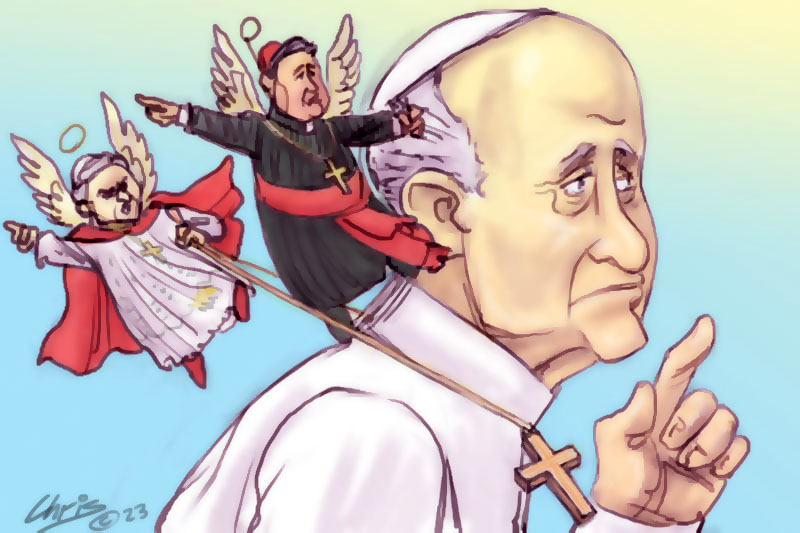
RELIGION
- Miles Pattenden
- 28 February 2023
4 Comments
Following the death of Pope Emeritus Benedict XVI, some believe Pope Francis is now free to advance a progressive agenda, while there’s good reason to doubt Francis will be willing or able to forward any meaningful change beyond that already achieved.
READ MORE
-
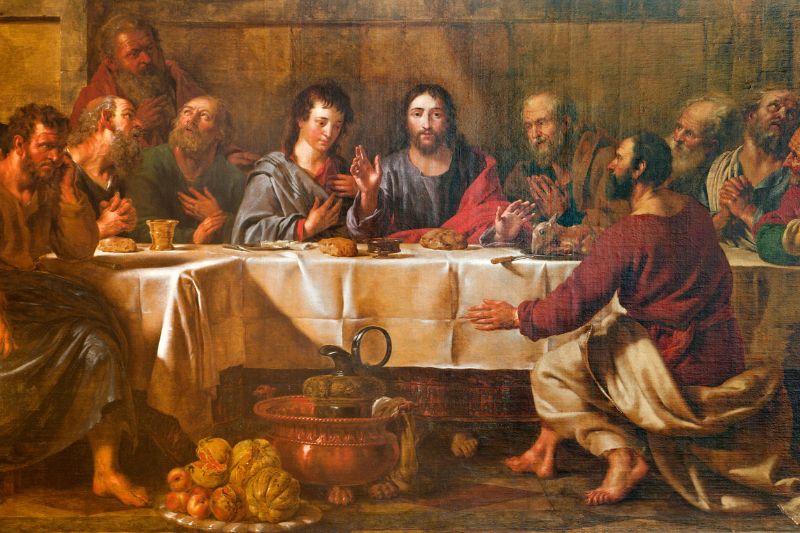
RELIGION
- Bill Uren
- 14 February 2023
12 Comments
Is the Catholic Church risking the dilution of its apostolic tradition with the upcoming Synod on Synodality? This is the concern raised by Cardinal George Pell in his recent article published posthumously in The Spectator. Despite his criticisms of Pope Francis and the Synod, his warning on the potential consequences of diluting the apostolic tradition are worth consideration.
READ MORE
-
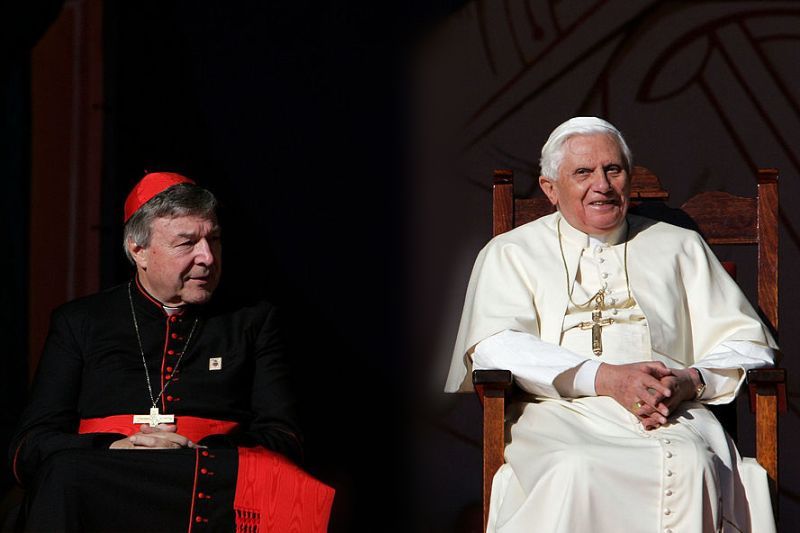
RELIGION
- Michael McVeigh
- 17 January 2023
11 Comments
The two Catholic leaders who passed away this summer both lived in the public spotlight for much of their lives, but they also each lived a private life of which we only ever gained glimpses. Those of us who didn’t know them tend to fill in the details based on which aspects of their public persona best align with our own attitudes.
READ MORE
-
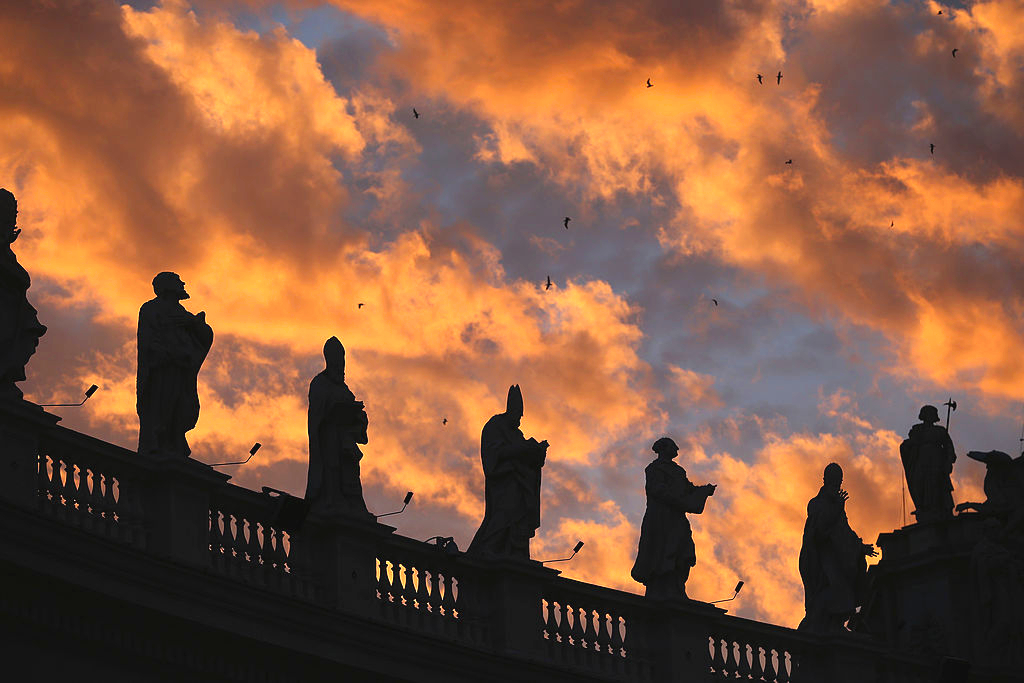
RELIGION
- Miles Pattenden
- 12 January 2023
Many Catholics will have found the news from Germany this past week painful. A law firm, Westpfahl Spilker Wastl, has presented findings in its investigation into historic sexual abuse in the Munich archdiocese. Running to 1,000 pages, the report is shocking: it lists at least 497 victims for the period 1945–2019 and identifies 235 probable offenders including 173 priests and nine deacons.
READ MORE
-
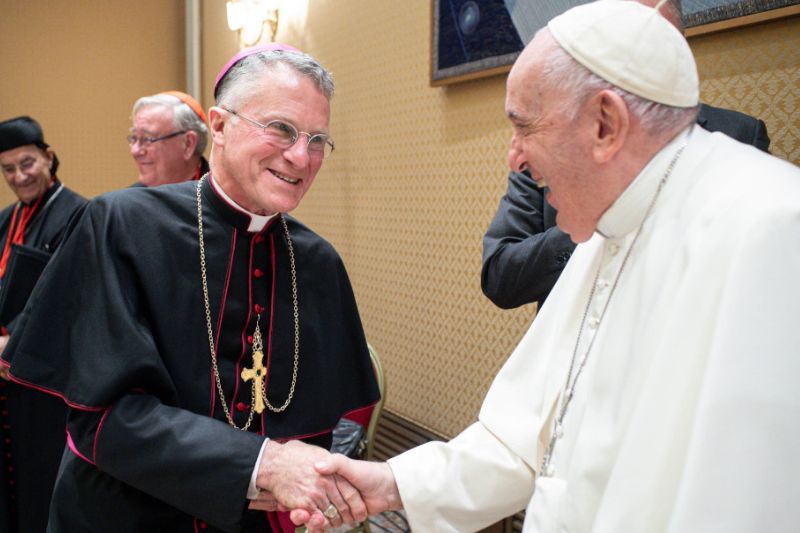
RELIGION
- Bill Uren
- 14 December 2022
4 Comments
The recent election of Archbishop Timothy Broglio as President of the United States Catholic Bishops’ Conference has significant implications for the United States Church, for the global Church, and potentially for the Australian Church.
READ MORE 
-
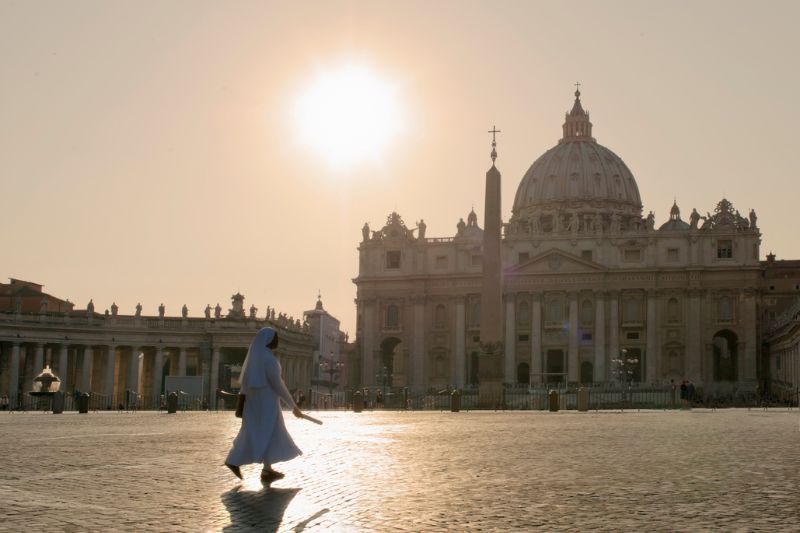
RELIGION
- Paul Collins
- 28 June 2022
7 Comments
A basic principle was laid down in the pope’s recent Apostolic Constitution entitled Praedicate evangelium that is profoundly important with far-reaching consequences for the whole church. This principle states that any baptised Catholic ‘can preside over a dicastery,’ that is run a Vatican department. Previously only ordained clerics could do this.
READ MORE 
-
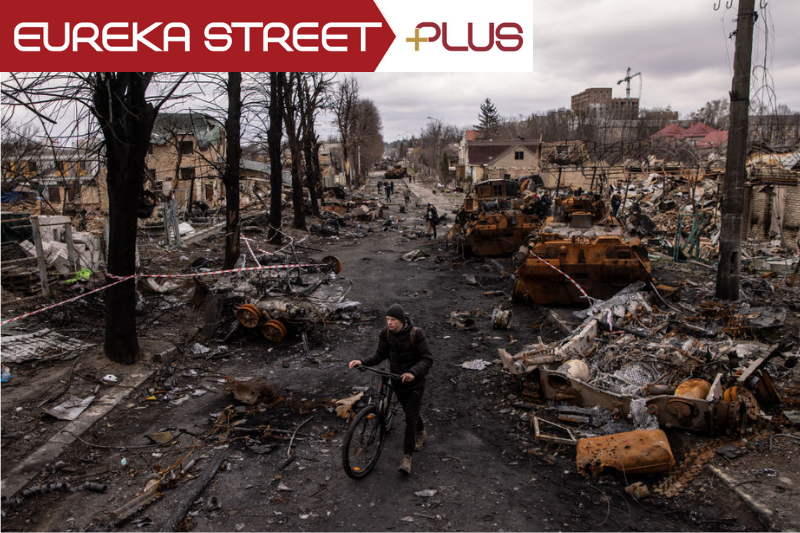
INTERNATIONAL
- Andrew Hamilton, David Halliday, Michele Frankeni, Stewart Braun
- 19 May 2022
5 Comments
We are now three months into the Ukraine war. From an invasion it has turned into a war of attrition that has cost many lives, displaced civilians, destroyed cities, and led to sanctions and the making of alliances with effects that have spread suffering far beyond Ukraine. In this Roundtable, Andrew Hamilton SJ, David Halliday, Michele Frankeni and Dr Stewart Braun explore the ethics of the war and likely paths to peace.
READ MORE 